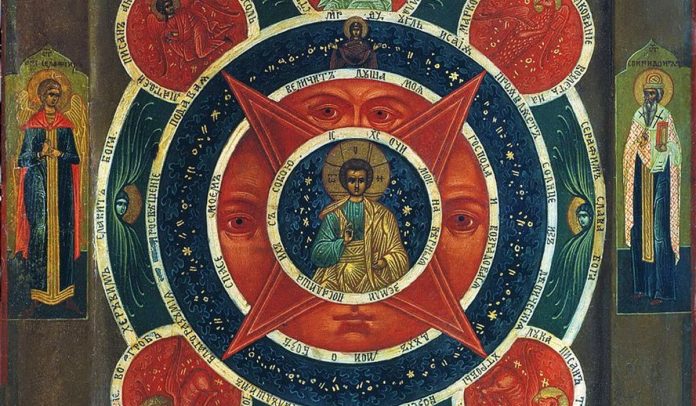Today, September 1, most of the Eastern churches celebrate the beginning of the new church year known as the indictment. This holiday marks the first day of the church calendar and is an important date for the Orthodox churches, as well as for the Catholics of the Byzantine Rite.
The indictment in the Byzantine Empire called the beginning of the annual payment of the official tax on the state. Considering that the harvest was harvested in the fall, the turkey was in most corners of the empire in September. From the first century B.H. The formal date of the start of the indictment was served on September 23 as the time of the autumn equinox and the birthday of the Roman Emperor Augustus. In the 5th century, R. The start of the indictment is shifted to the first of September, and after the decree of Emperor Justinian in 537, to date all the documents, deducted from the first of September-this day begins to associate firmly with the beginning of the new year.
The church from the 4th century accepts dating by indices and, most likely, it includes celebration of indictments in the circle of church memory. That is why, until the beginning of the second millennium, the date of celebration of the indictment could be both on the 23rd and September 1st.
Considering that the indictment is mainly related to the payment of taxes, in the center of theological comprehension of this holiday there are words of Scripture: "The Lord ... sent me to the poor, praise the captured liberation, blind insight, release oppressed to freedom, to notify the year of the Lord. The Gospel of Luke emphasizes that the day of the New Year should be the day of forgiveness and release of all debts, because every time it has to "come true" now, because of the presence of Jesus Christ among the faithful of Jesus (cf. 4:21).


